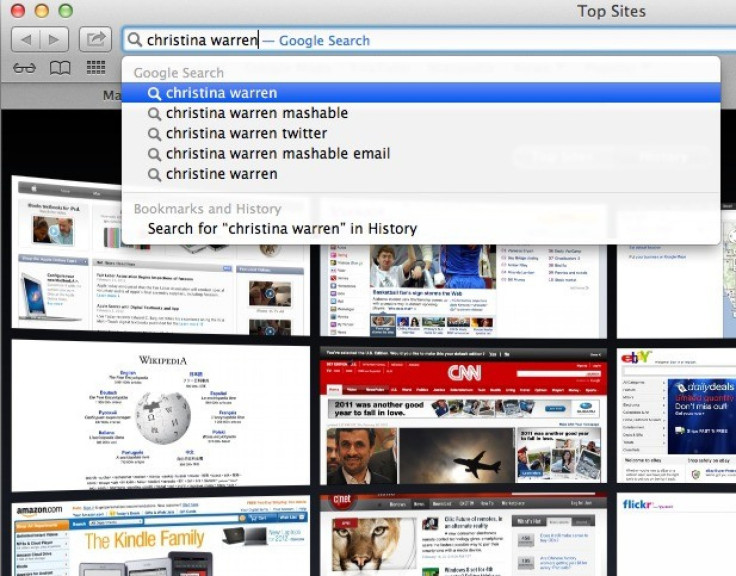Google, WPP, Gannett Shares Shrug Off Apple Privacy Breach Study

Shares of Google appeared to brush off reports a Stanford University study had found it had compromised the privacy of Apple iPhone customers.
Google closed at $604.64, down $1.88, an insignificant drop at that level. The Mountain View, Calif.-based company, No. 1 in search, didn't make any formal announcement but a spokesman told Rupert Murdoch's Wall Street Journal it had stopped the spying.
The Journal ran a front-page story Friday citing the Stanford study, which determined Apple's Safari browser had been tricked by Google to accept temporary tracking cookies to monitor customer behavior.
The research is the work of Stanford researcher Jonathan Mayer and was confirmed by a researcher hired by News Corp., the Murdoch vehicle which owns the newspaper.
Google disabled the Web code after the Journal notified it.
Google wasn't the only offender, the study showed. Others included Gannett's PointRoll service, WPP's Media Innovation Group and Vibrant Media.
People should be prudent and realize they can never be 100 percent secure, said Paul Roy, a privacy and Internet lawyer with Mayer Brown in Chicago.
Concerns over privacy and hacking are constant. News Corp. itself last year closed its News of the World tabloid in London after Murdoch testified before a parliamentary committee the paper had hacked into telephones, including that of a 13-year-old murder victim.
Apple, the developer of the iPhone, in December stopped installing software from CarrierIQ which tracked customer activity on the iPhone family as well as the iPad2. CarrierIQ, based in Mountain View, Calif., bills itself as the world's leading provider of mobile intelligence solutions.
The other parties cited in the Journal study didn't issue statements. Shares of Gannett, the No. 1 U.S. newspaper publisher, fell 11 cents to $14.95 in late trading, while American Depositary Receipts of London-based WPP rose 18 cents to $64.45. WPP is the world's biggest ad agency.
© Copyright IBTimes 2024. All rights reserved.












